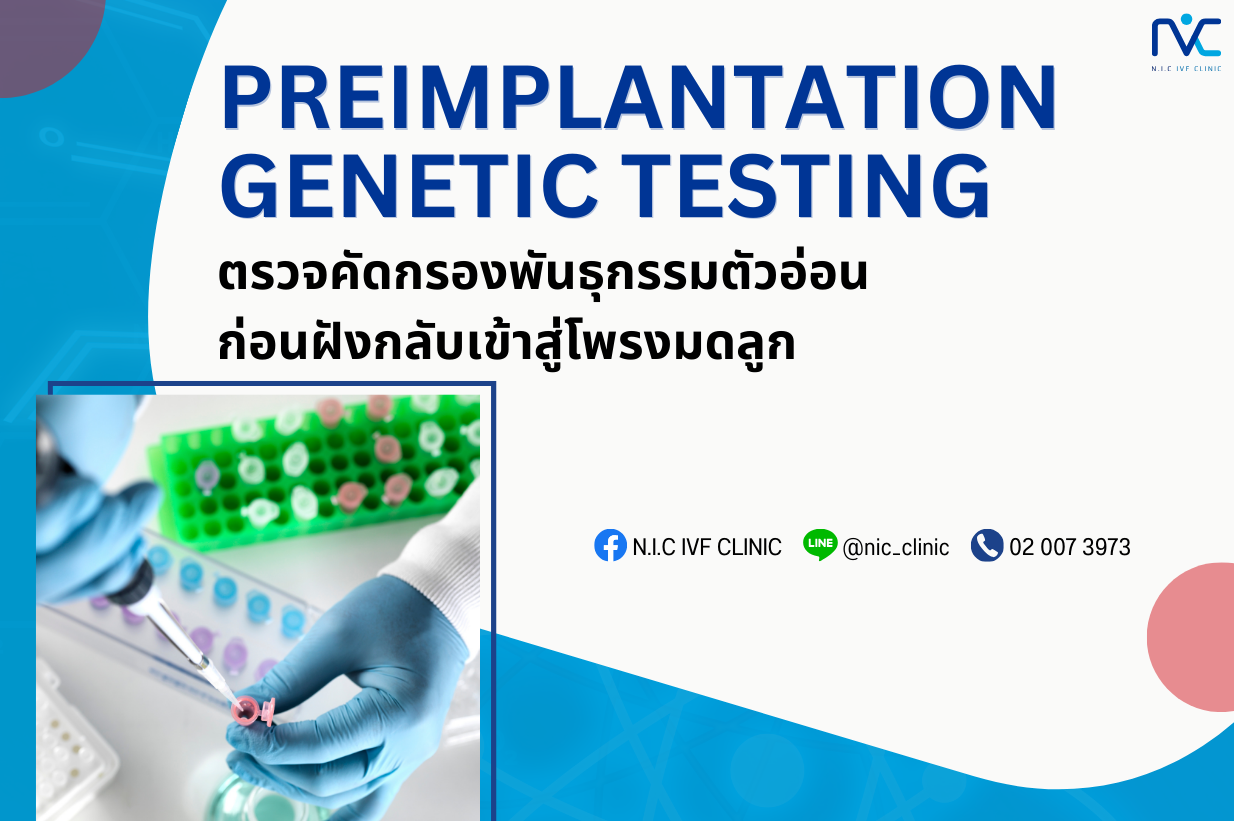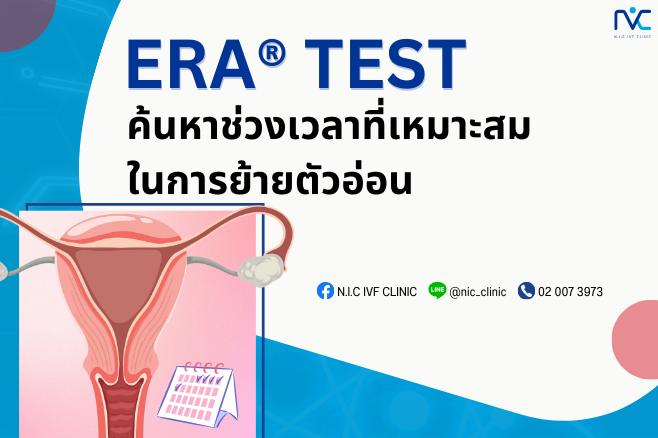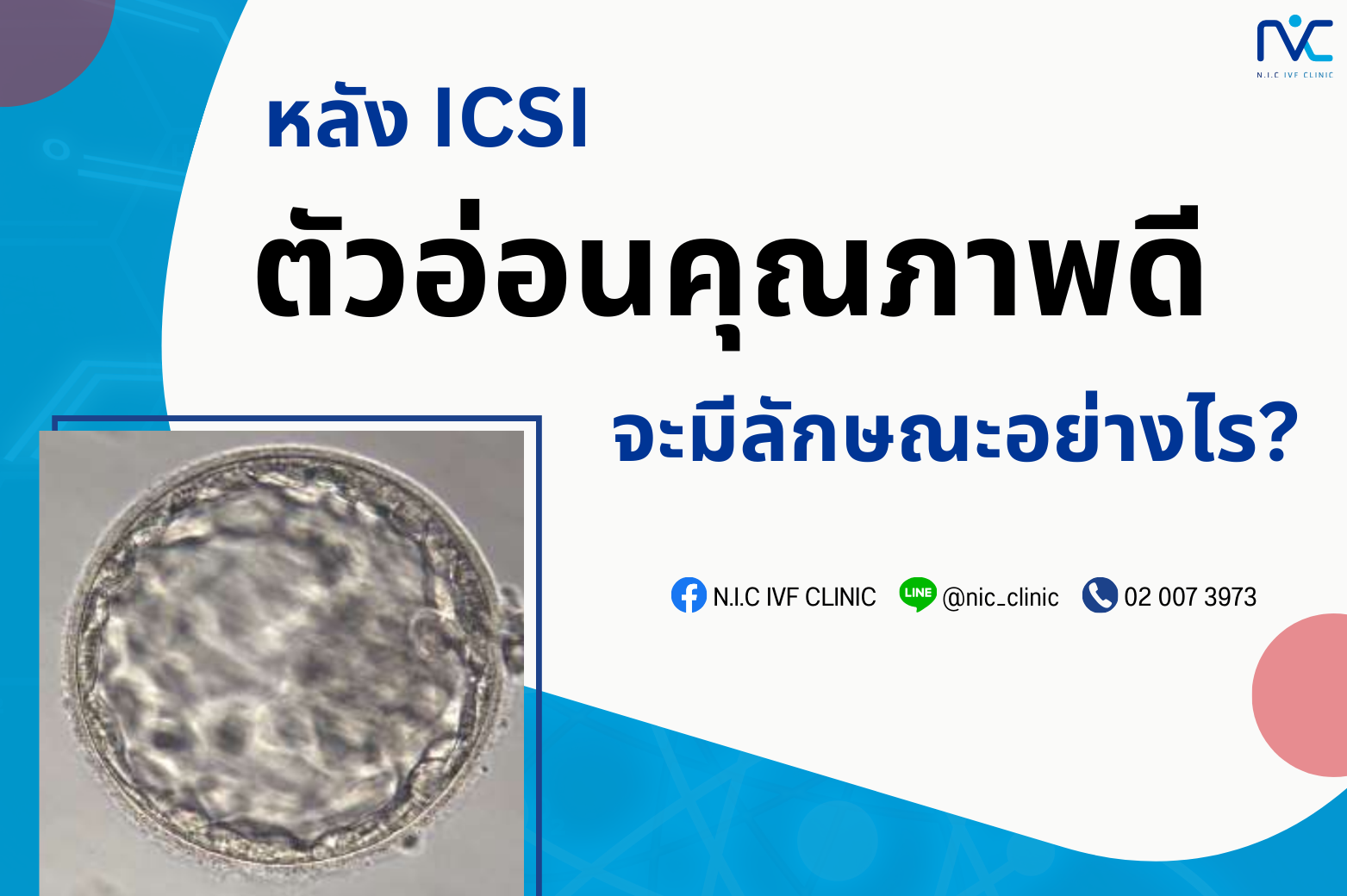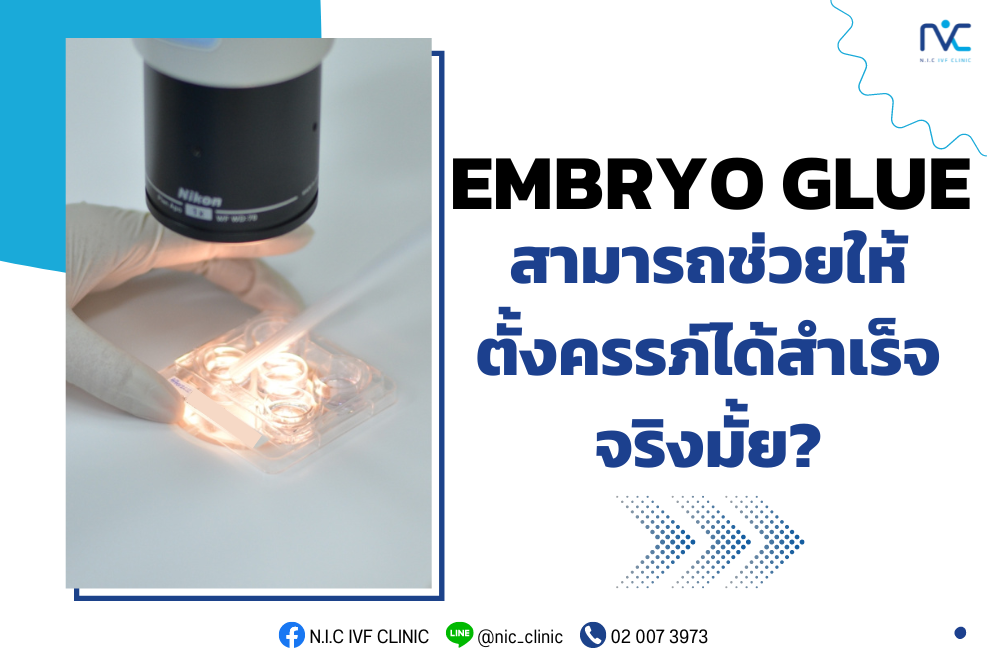NEWS & KNOWLEDGE
Preimplantation Genetic Testing.

What is the Preimplantation Genetic Testing (PGT)?
Embryo genetic testing technology analyzed to find genetic abnormalities of the embryo both at the chromosome and gene levels. By screening out abnormal embryos. To obtain embryos with normal chromosomes and no genetic diseases before embryo transfer and implantation. PGT testing increases the chances of pregnancy. and reduce the rate of miscarriage caused by chromosomal abnormalities and genetic diseases.
.png)
There are 3 methods for screening embryos before implantation:
1. PGT-A or NGS
Preimplantation genetic testing for Aneuploidy (PGT-A) Screening for abnormalities of the somatic chromosomes and sex chromosomes. Currently, the technology that is often used to genetically test embryos before implantation is NGS testing or we known at Next Generation Sequencing. Can be used to examine embryo chromosomes, covering 22 pairs of somatic chromosomes and 1 sex chromosome. with an accuracy as high as 95-97 percent. In addition to checking for the lack or excess of chromosomes in bars, It can detect missing or extra parts (segmental aneuploidy) of chromosomes. In addition, the NGS technique reduces the chance of miscarriage by up to 50 percent.

2. PGT-M
Preimplantation Genetic Testing for monogenic disease (PGT-M) for Single-gene genetic disease diagnosis. Screening for the risk of genetic diseases passed from father or mother to children. Can be screened for parents who are at risk, such as thalassemia, Hemophilia Huntington disease, Duchenne Muscular Dystrophy and other diseases that can be inherited genetically.

3. PGT-SR
Preimplantation genetic for structural rearrangement (PGT-SR) It is a test for genetic diseases caused by translocation in the chromosome structure. In the case where the father or mother is a carrier due to a change in the position of chromosomes This may result in incomplete chromosomes and result in miscarriage.

Advantages of Preimplantation Genetic Testing.
- Helps screen and diagnose genetic abnormalities in embryos before implantation, increasing the chance of giving birth to a healthy child.
- Helps increase the chances of embryo implantation.
- Reduces the risk of miscarriage.
- Helps increase the chance of getting pregnant.
Who is Preimplantation Genetic Testing for?
- The couple has pregnancies in which the baby has abnormalities due to chromosomal abnormalities.
- The woman has had 2 or more miscarriages before 12 weeks of pregnancy.
- Women over 35 years of age because the embryos may be at risk for genetic abnormalities.
- Women who do not become pregnant two or more times in a row as a result of treatment with medical assisted reproductive technology.
- Spouses who are carriers of genetic diseases or have a child with a genetic disease.

By Assoc.Prof. Matchuporn Sukprasert


